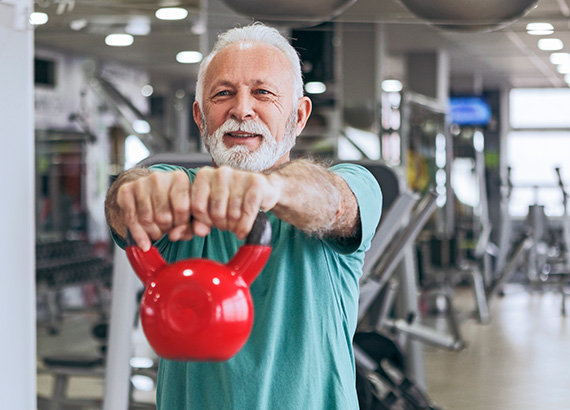Exercises for Elderly Gentlemen: Part One

If you’re a caregiver for an elderly gentleman, you may not fully realise the importance of regular exercise in maintaining his well-being. Whether he is a loved one or a client, your role in supporting his activity level is invaluable. Government statistics reveal that only about 1 in 10 Australians exercises regularly, yet experts agree that staying active at any age is key to good health.
At Vermont Aged Care, we have years of experience in caring for the elderly, and we understand the importance of keeping them active and mobile. Much of the physical decline associated with aging, such as reduced muscle mass, poor coordination, and joint stiffness, is often linked to inactivity. Without regular movement, these issues can lead to reduced independence, social isolation, and loneliness.
Side Effects of Inactivity
Reduced cardiovascular and respiratory function, which may limit an elderly person’s ability to walk, also limits their access to fresh air and contact with nature. Additionally, decreased bone density can lead to osteoporosis, while a lack of activity can result in obesity and increased risk for diabetes, high blood pressure, and cardiovascular disease.
For elderly individuals, diminished quality of life due to chronic illness and pain may lead to anxiety and depression. There are many reasons they may stop exercising - fear of injury, lack of interest, or simply finding it easier to remain sedentary. However, as a caregiver, you can help them understand the importance of regular exercise in maintaining their independence and well-being.
The Best Approach
Begin with a gentle, encouraging conversation and suggest a visit to their GP to discuss exercise options tailored to their health. Ask about any activities they previously enjoyed, and explore options that might interest them now, whether it’s going to a gym, using home equipment, or working with a professional trainer.
Experts recommend four main types of exercise for elderly individuals:
- Moderate Activities – Supports heart, lung, and circulatory health
- Strength Activities – Maintains muscle and bone strength
- Flexibility Activities – Promotes ease of movement
- Balancing Activities – Helps prevent falls
For more information, visit Better Health: Physical Activity for Seniors.
Many gentlemen find gyms enjoyable and familiar, as they may have attended in younger years, and the social setting can be a motivating factor. Gym equipment is generally easy to use, and staff are available to provide support and guidance.
Looking Ahead
In Part Two of this series, we’ll dive into the specific benefits of exercise for the elderly. Until then, stay safe and well from all of us here at Vermont Aged Care.
Recommended Reading:
- Choose health: Be active: A physical activity guide for older Australians
- Council on the Ageing
- Heart Foundation Australia
- Seniors Information Service
- Victoria Walks
This blog is intended to provide helpful advice. Please consult a GP for personalised information, or contact Vermont Aged Care for professional support.

